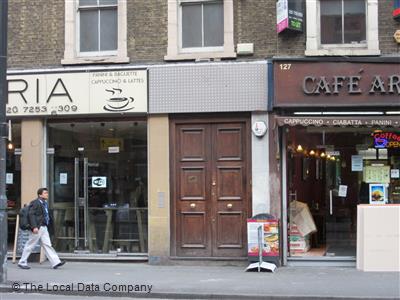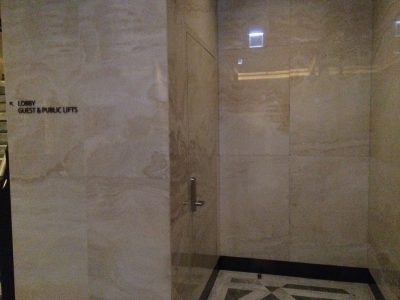
Most bar owners promote their places by placing a sign board outside or updating their menus on social network services such as facebook or instagram. Interestingly however, some bar owners “hide” their doors. I had a chance to visit the bar called Nightjar in London. Surprisingly, it has a super tiny metal sign on a wood door. Therefore, I passed over its entrance door several times and spent many minutes until I decided to knock on it just in case. When the hidden door opened, as expected, this bar was fully packed with drinkers.
I had a similar experience when I first visited the bar called Charles H Bar at the Four Seasons Seoul, Korea. Although this hotel is easy to find, it took me long time again to find the entrance door of the bar. Since this bar has literally no sign outside, I could not help but ask someone to guide me to the entrance door. Again, when the hidden door opened, this bar was crowded.

Why did Nightjar and Charles H Bar decide to hide their entrance doors? At first glance, hiding doors fails to attract by-passers and thus fails to increase traffic, which is important for most spaces. However, this spaces may have different objectives. For instance, they want to make their spaces exclusive only for those who were invited previously. Although there is no research about space exclusivity, there are some studies about the effect of exclusivity promotion or AREP (Advertised as Retailer Exclusive Products). Contrary to managerial expectations, their findings suggest that AREP exclusivity promotions are ineffective at influencing consumers.
***
Reference
Upshaw, D., Amyx, D., Upshaw, A., & Hardy, M. (2023). Do Products Labeled Retailer “Exclusive” Affect Consumer Behavior?. Journal of Marketing Development and Competitiveness, 17(3).
Many large retailers offer “advertised as retailer exclusive products” or AREPs. Retailers work with manufacturers to produce these unique, retailer exclusive versions of otherwise common products. While not all retailer exclusive products are advertised as “exclusive,” AREPs are advertised and labeled as retailer exclusives. The retailer exclusive product attributes are often “trivial,” but still may add customer value and discourage price comparison shopping. Here, two experiments assess AREPs effects on consumers. Contrary to managerial expectations, the findings suggest that AREP exclusivity promotions are ineffective at influencing consumers, but that the choice of exclusive, seemingly “trivial” attribute can sometimes be a significant negative influence on consumers. Further, the authors suggest contexts that may encourage specific responses to retailer exclusive product promotions and trivial attributes.

